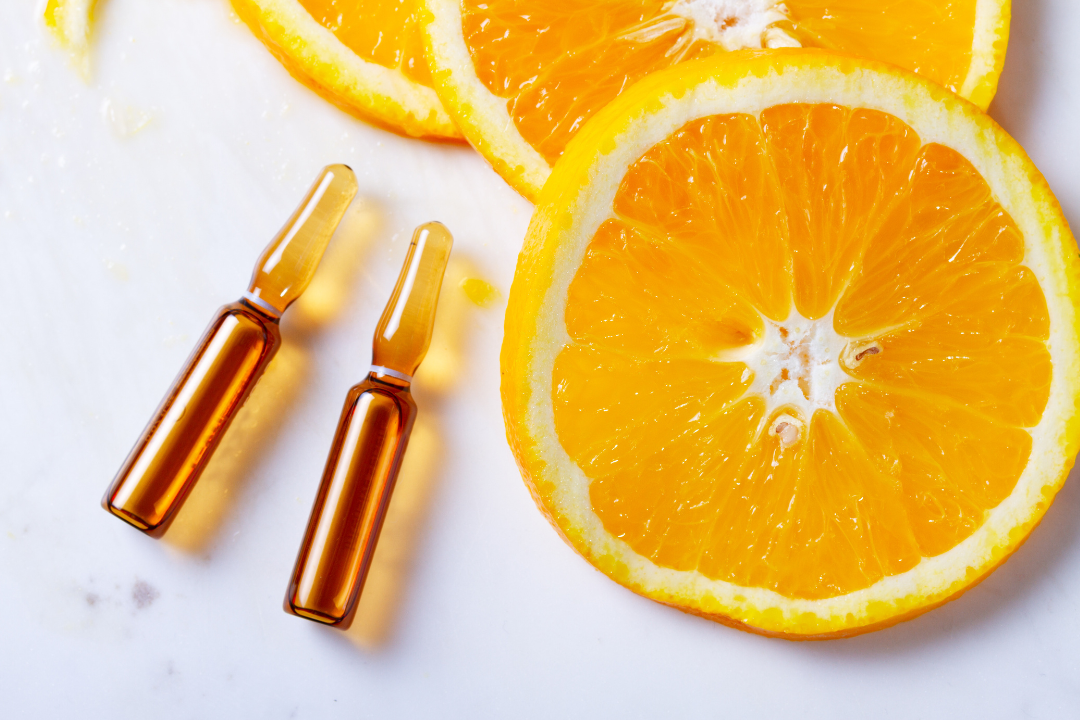Hyperpigmentation is a common skin condition that occurs when patches of skin become darker than the surrounding area. This can happen due to various reasons such as acne, sun damage, or hormonal changes. It can be a frustrating and challenging condition to treat, but fortunately, there are effective skincare ingredients available to help improve its appearance.
One of the best ingredients for hyperpigmentation is niacinamide. Niacinamide is a form of vitamin B3 that has been shown to have many benefits for the skin, including reducing hyperpigmentation. It works by inhibiting the transfer of pigment to skin cells, which can help to even out skin tone and reduce the appearance of dark spots. Additionally, niacinamide can help to improve the skin's moisture barrier and reduce inflammation, making it an excellent choice for those with sensitive skin.
But niacinamide isn't the only ingredient that can help with hyperpigmentation. Other best ingredients for hyperpigmentation include vitamin C and glycolic acid. Vitamin C is a powerful antioxidant that can help to protect the skin from free radical damage and stimulate collagen production, which can improve the skin's texture and firmness. It can also help to reduce the appearance of dark spots by inhibiting melanin production. However, it's important to note that not all forms of vitamin C are created equal, and some may be more effective than others.
Glycolic acid is an alpha-hydroxy acid (AHA) that is commonly used in skincare products to exfoliate the skin and improve its texture. It can also help to reduce hyperpigmentation by increasing cell turnover and promoting the shedding of darkened skin cells. However, it's important to use glycolic acid with caution, as it can be irritating to some skin types and may increase sensitivity to the sun.
So, does vitamin C help with hyperpigmentation? Yes, it can be effective in reducing the appearance of dark spots. However, as mentioned earlier, it's important to choose a form of vitamin C that is stable and bioavailable, such as L-ascorbic acid.
Similarly, does glycolic acid help with hyperpigmentation? Yes, it can be effective in reducing the appearance of dark spots by promoting cell turnover and exfoliating the skin. However, it's important to use glycolic acid with caution and to start with a lower concentration to avoid irritation.
In conclusion, there are several best ingredients for hyperpigmentation that can help to reduce the appearance of dark spots and even out skin tone. Niacinamide, vitamin C, and glycolic acid are all effective options, but it's important to choose the right form and concentration for your skin type and to use them as directed. With consistent use and patience, you can achieve a brighter, more even complexion.

